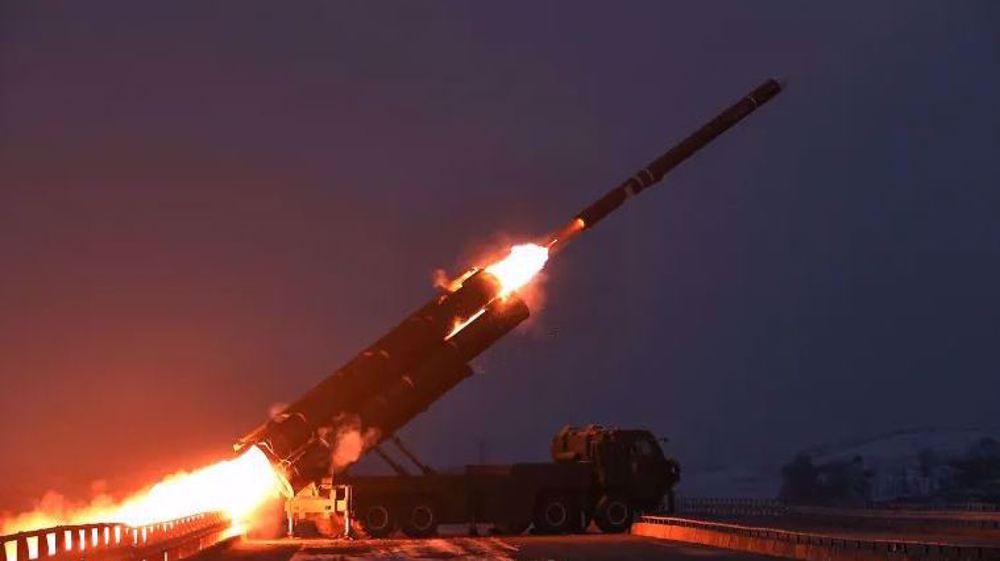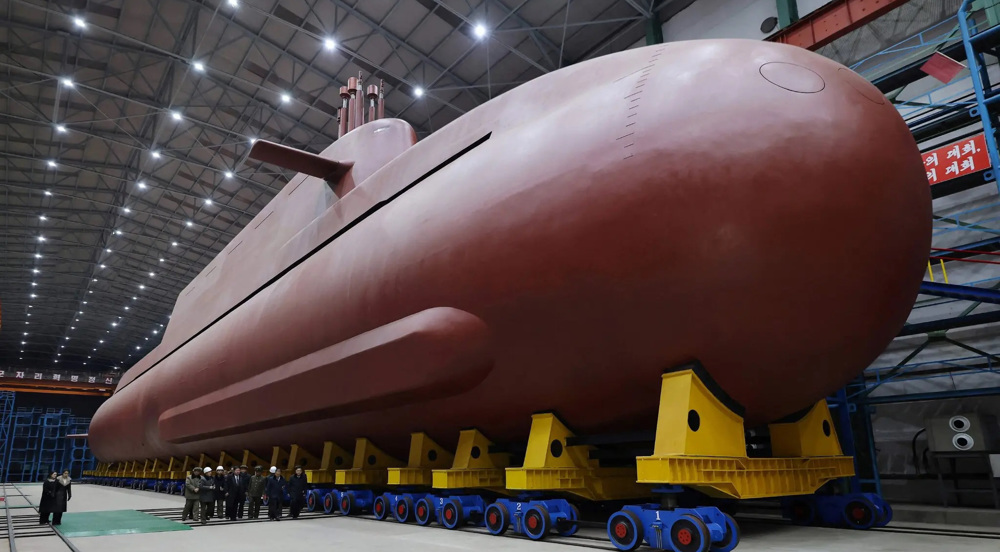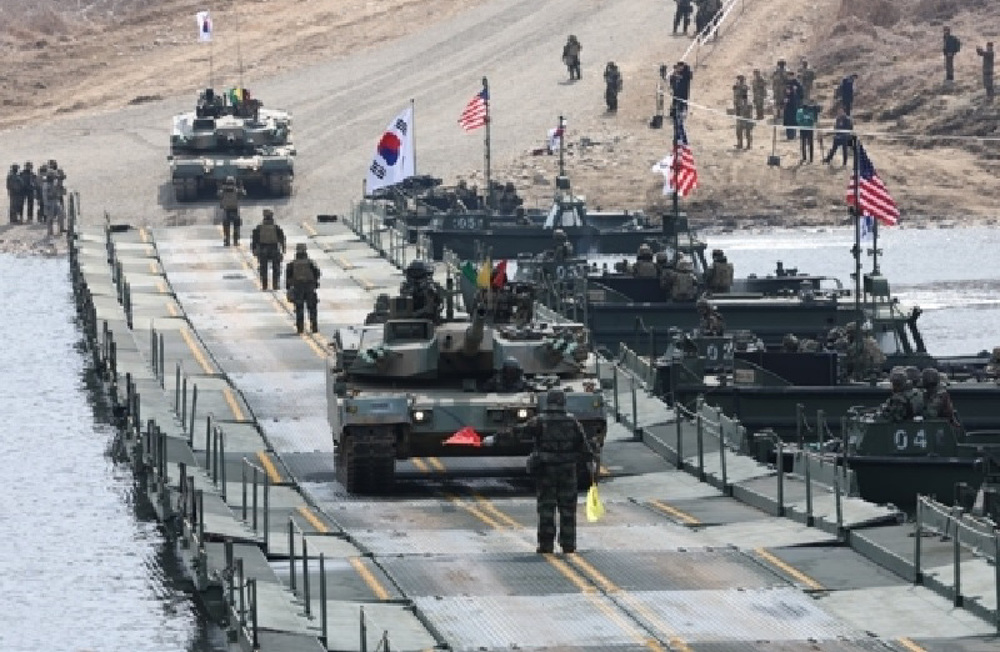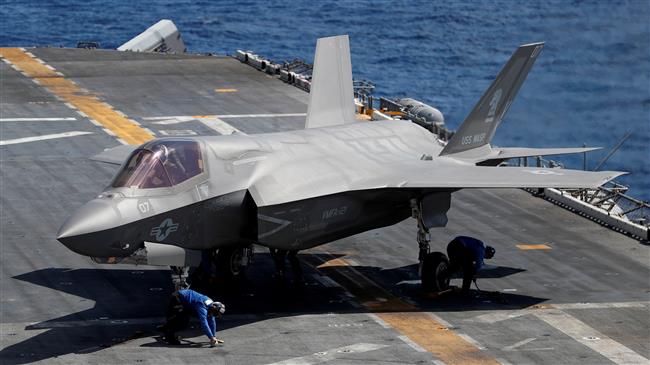Japan reports 'extremely dangerous' radar lock after unveiling record military budget
Japan has strongly protested to South Korea, saying a South Korean warship had locked its targeting radar on a Japanese surveillance aircraft.
It described the move as "extremely dangerous that could cause an unexpected situation" after unveiling a record military budget in the clearest indication yet of Japan's ambition to become a regional power.
"It's extremely regrettable that the incident of this time happened. We will urge South Korea to prevent a recurrence," Japan’s Defense Minister Takeshi Iwaya told a news conference.
Iwaya said the South Korean destroyer directed the radar at a Japanese navy's P-1 patrol aircraft, which was engaged in surveillance operations on Thursday off the Noto Peninsula in the Sea of Japan.
Fire control radar is commonly used by military forces to pinpoint the location of a target prior to firing missiles or shells at it.
Iwaya said the incident happened amid a need for greater coordination between the two Asian neighbors to tackle issues such as North Korea's nuclear and missile programs, maritime security, as well as natural disasters.
South Korean defense ministry described the action of its naval destroyer as a routine operation in an official statement.
"We were operating a radar as part of the operation but it was not intended to trace any Japanese patrol aircraft."
The statement said, "We've spoken with the Japanese side on this issue but will provide further explanations so that there is no misunderstanding going forward."
The incident came amid rising concerns in the region after Japan unveiled a record military budget in its bid to purchase advanced stealth jet fighters from the US and convert two ships into aircraft carriers.
Tokyo and Seoul have a hostile history that includes Japan's 1910-45 colonization of the Korean peninsula, the forced mobilization of labor at Japanese companies and the use of so-called comfort women for institutionalized sexual abuse by its soldiers during World War II.
A Chinese naval vessel directed a similar radar at a Japanese warship in early 2013, prompting Prime Minister Shinzo Abe to advise Beijing against stoking tension over disputed East China Sea islands.
VIDEO | Press TV's news headlines
Hamas: Israel escalating ceasefire violations in Gaza
Venezuela's government declares unwavering unity behind Maduro
VIDEO | Global outcry over Venezuela president abduction
Iran keeps wheat import subsidies despite cutting other food supports
Venezuelan military stands with acting president after US kidnapping of Maduro
VIDEO | Press TV's news headlines
VIDEO | Protesters in Toronto slam US kidnapping of Venezuelan president















 This makes it easy to access the Press TV website
This makes it easy to access the Press TV website